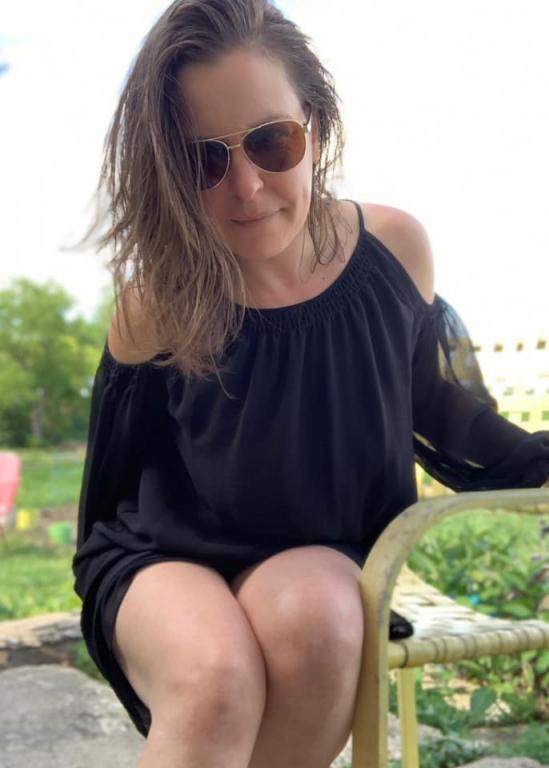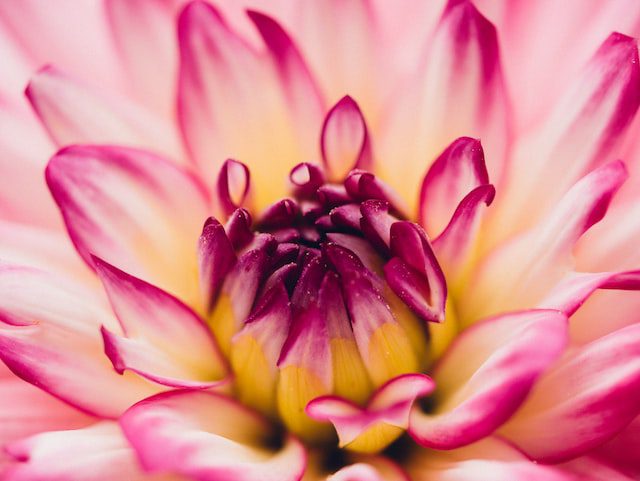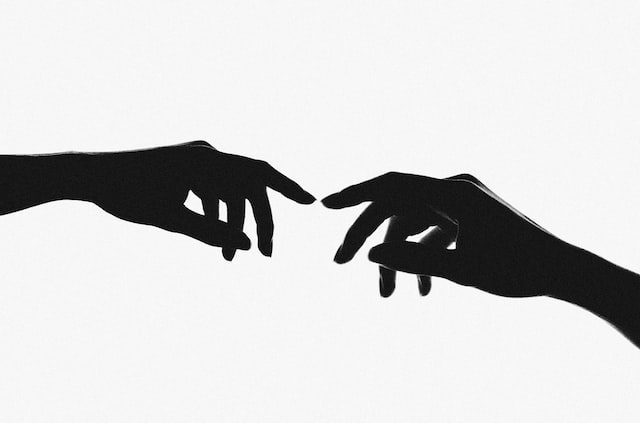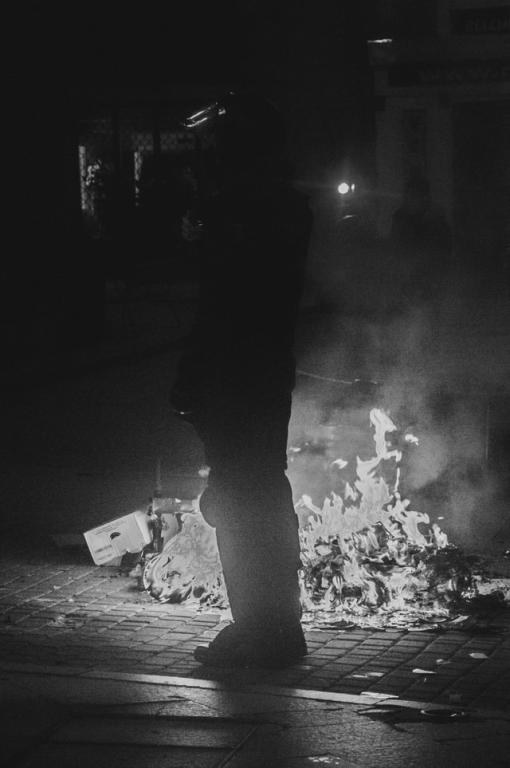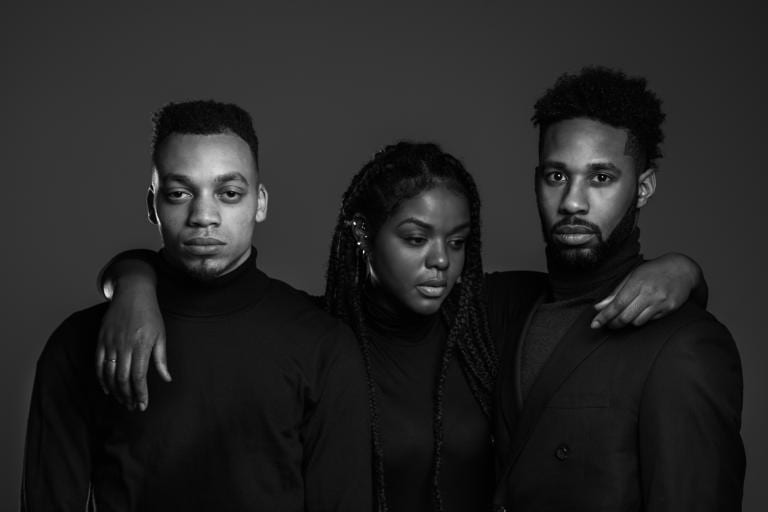
Much of the music available for our consumption portends an unmistakable truth: love is hell. It’s not the actual truth, but it’s believable because we’ve all felt heartbreak and loss and we ascribe that to love. More than that, music also reveals an underlying message about the parameters of love: monogamy— it’s mine and I don’t have to share you or our love with anyone else.
Music, along with movies, advertisements, political campaigns, and the rest of the societal programming methods that are utilized to repeat the prescriptions, remind us that monogamy is the rule of law. In fact, in the United States, it’s been deemed constitutional to require such a matrimonial boundary.
As Dr. David Ley points out in his book Insatiable Wives, “In 1878, the United States Supreme Court ruled that laws prohibiting polygamy were constitutional, and further, that the institution of monogamy was critical to the preservation of democracy.” (34)
Here we see that monogamy operates best for democracy, not spirituality, not joy, not pleasure. Monogamy is the ordinary prescription that satisfies our political and economic desires. Monogamy is the status quo. However, it was Sade that taught me that love is not ordinary; it’s the sweetest taboo. And just because something is taboo doesn’t mean that it’s wrong.
But we are a society that weighs every decision on the basis of right or wrong, allowing societal injunctions and regulations to define which is which. Look at how long our country had to fight for the opportunity to break status quo conditions of relationship to allow for interracial marriages and same-sex marriages. Loving who we want to love has always been weighed against what our culture has defined as “legal.”
But love doesn’t follow the laws of man and love doesn’t have limitations. Love is an uncontrollable and unconditional force that seeps into the air we breathe and from there, logic as we readily know it becomes obsolete.
Love isn’t about ownership. Love is about freedom. I cannot reconcile claiming ownership over the essence over another and still call it love. That looks too much like power over another to me. Love isn’t a power we hold over people, it’s an empowering force that connects us to people. When will we learn the difference?
I find it curious that so many people work as hard as they do to break down the false beliefs surrounding their religion, politics, and even their sexual identity, but when it comes to the possibility of breaking down the ideals of monogamy, most seekers stop seeking.
In Insatiable Wives, Dr. Ley raises the taboo question: “Why is monogamy the expected, required, and enforced marital ideal?”
Ley continues:
“Marriage laws, according to most experts, have more to do with contract and property law. Monogamy offers important assurances regarding parentage that support and clarify inheritance laws and precedents. Some writers and historians suggest that monogamy represents a political and economical compromise, between the needs of the powerful and the need to have a self-sufficient, satisfied, and motivated workforce.
A commitment and bond between two partners meets needs for social, emotional, and physical intimacy, as well as financial, familial, and pragmatic needs in ways that no other relationship strategy has as effectively satisfied in current society. But, despite the effectiveness of a seemingly monogamous relationship, history shows that the idea of monogamy, with the expectation of sexual and emotional fidelity, is not apparently suited for everyone.” (34)
Love isn’t pragmatic and anyone that has been in love knows this. The problem for me, however, is that if love—romantic, sexual love— is so defined down to only two, it conflicts with my beliefs about a universally gracious and inclusive God that receives, forgives, and loves every single solitary being.
These are ideas that I have been reflecting on. The continuance of my transformation has brought me to ask tough questions about one of the most widely-practiced prescriptions of our time: Is monogamy really the “right” path for me? Is polyamory the true prescription for unending love, peace, and harmony? Can open relationships heal not only the individual but the collective?
As I embark on this uncertain endeavor, I acknowledge that I must be prepared (as much as one possibly can) for consequence. I must ask: How will this impact my marriage, my family life, my work life, my husband’s work life, and my husband’s social relationships? Will this journey break me or awaken me?

